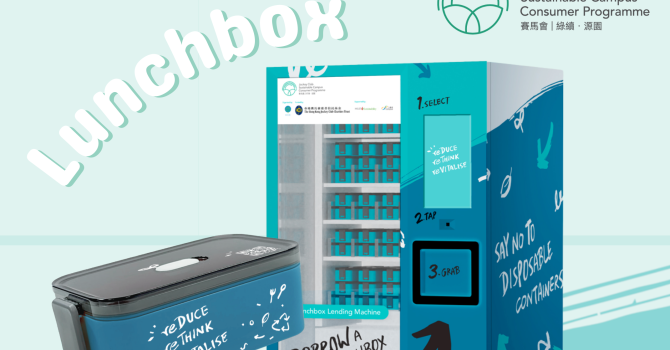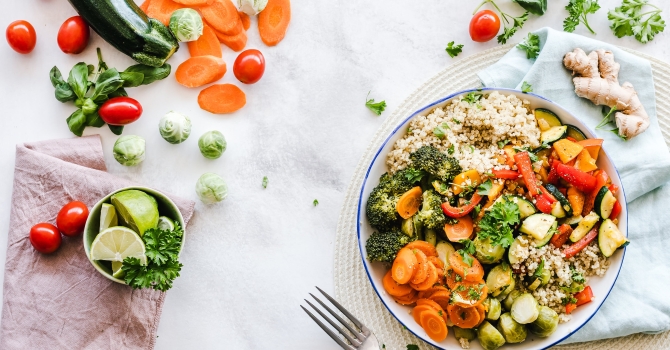Plastic Bottle Free
Did you know that out of 16 landfills in Hong Kong, 13 have been completely filled with garbage? If business keeps going as usual, our last remaining 3 landfills will be full by 2020. An average of 9,782 tonnes of municipal solid waste is sent to the landfill every day, about 20.6% of which was plastic. In this modern era, nobody can escape from using plastic – so how can we help alleviate the issues caused by it?
Plastic is a really versatile material that can be manufactured into various products, such as plastic bags and water bottles. However, plastic bottles are made from fossil fuels and the plastic manufacturing process uses more than twice as much water as it takes to fill a bottle. After our quick consumption, the estimated average time for a plastic bottle to degrade entirely is at least 450 years.
Millions of tons of debris from plastic bags and bottles in the world’s oceans present a serious threat to human health and marine ecosystems. Estimates for the amount of plastic waste discarded in Hong Kong every day range from 1,200 to 2,000 tonnes. After being disposed, plastic breaks down into smaller pieces called microplastic (under 5mm in length) which are found in the stomachs of whales, plankton and other marine life. A recent study of fish sold at markets in Indonesia and California found out that more than a quarter of all fish now contain plastic. Scientists fear that chemicals in plastics could cause poisoning, infertility and genetic disruption in marine life, and potentially in humans if ingested in high quantities.
Even though the majority of Hong Kong citizens understand the dire consequences of plastic waste, many of us still finding plastic items necessary as consumables in daily life. A public opinion survey by Civic Exchange in 2015 indicated that people drink bottled water mainly for convenience/availability (58%), no other choice (22%) and safety/quality/cleanliness (13%) concerns. The convenience factor was not limited to bottled water. In both cases (bottled & tap), convenience was the most commonly given reason by respondents.
In HKUST, the good news is that we have installed more than 150 water fountains around campus that provide clean and safe drinking water. Water treatment processes in Hong Kong ensures that the drinking water quality complies with the World Health Organization's Guidelines for Drinking-water Quality. In addition, our Health, Safety and Environment Office has established a water monitoring program to ensure the quality of the water around campus. Even so, over, 20,000 water bottles are sold in vending machines, canteens and HKUST supermarket every month. Certainly we can reduce plastic bottle consumption, especially considering that good quality of water is freely available for every one of us. Here are some options to avoid using single-use, disposable plastic water bottles:
- Bring your reusable water bottle and refill it at one of our dispensers.
- Prepare glass cups for meetings and guests and refill them in the office pantry.
- Encourage the participants of your events to bring their own bottle or provide reusable cups to them.
So what are you waiting for? Change starts now and it starts with you – get yourself a reusable water bottle and refill it at the dispenser nearest to you. Keep our campus plastic-free! Share with us if you have any thoughts on creating a bottled water free campus at green@ust.hk.


